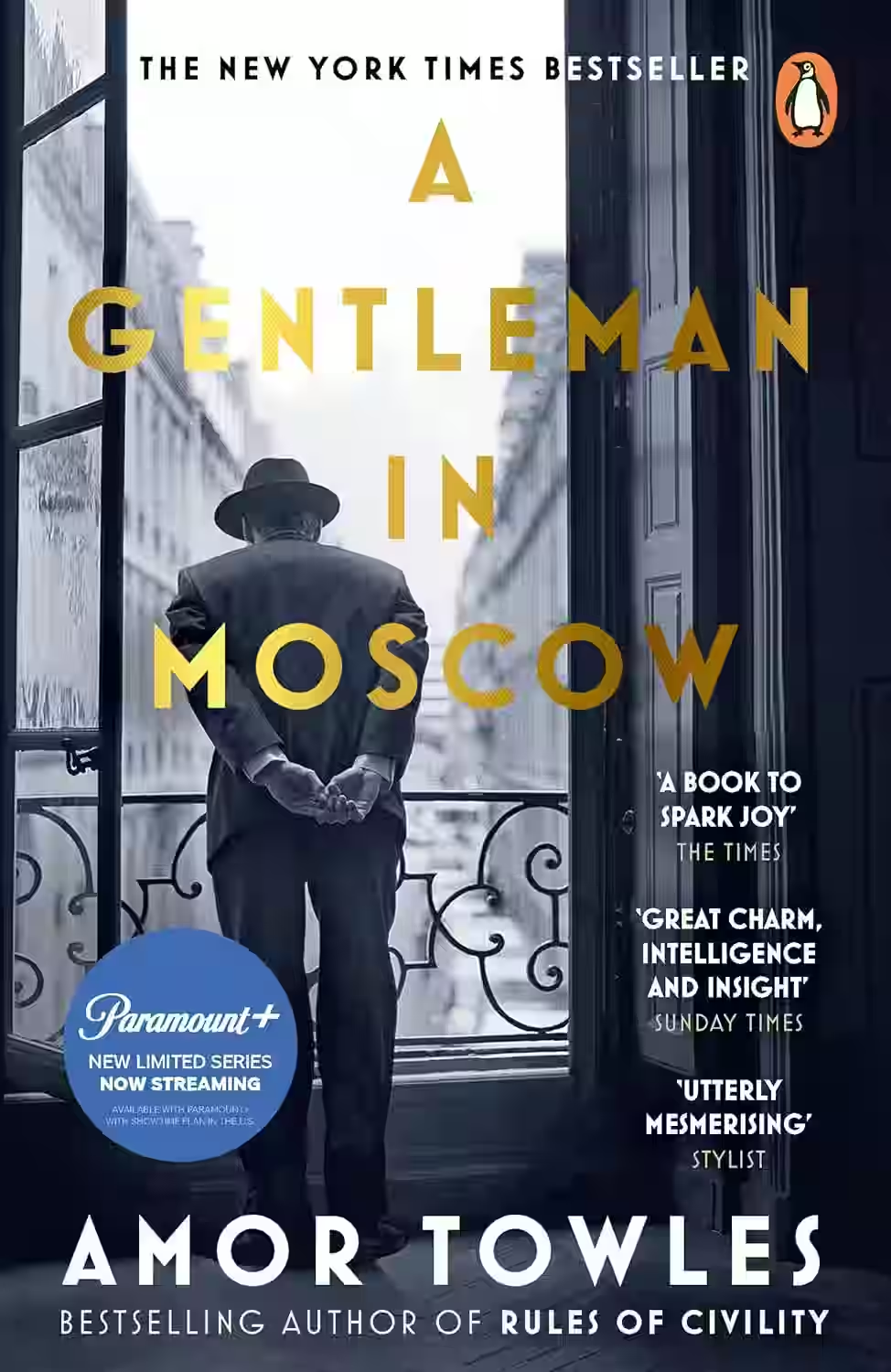
Set in post-revolutionary Russia, A Gentleman in Moscow tells the story of Count Alexander Rostov, who is sentenced to house arrest in a grand hotel across from the Kremlin. Confined to the walls of the Metropol Hotel for decades, the Count builds a rich inner life and forms enduring relationships with the staff and guests. Through charm, wit, and resilience, he adapts to a world that changes radically around him. Amor Towles’s novel is a beautifully written meditation on time, grace, and purpose. It combines historical detail with timeless themes, delivering a story of quiet dignity and human connection.
About Amor Towles
Amor Towles is an American novelist acclaimed for his elegant, character-driven historical fiction. A former investment professional, Towles shifted to writing full-time after the success of his debut novel, Rules of Civility. His best-known work, A Gentleman in Moscow, tells the story of a Russian aristocrat under house arrest, and has been widely praised for its lyrical prose and philosophical depth. Towles excels at crafting refined, immersive worlds and complex characters. His third novel, The Lincoln Highway, further showcased his versatility and narrative skill. Towles is celebrated for his literary style, historical insight, and ability to evoke timeless human themes.
Other Books by Amor Towles
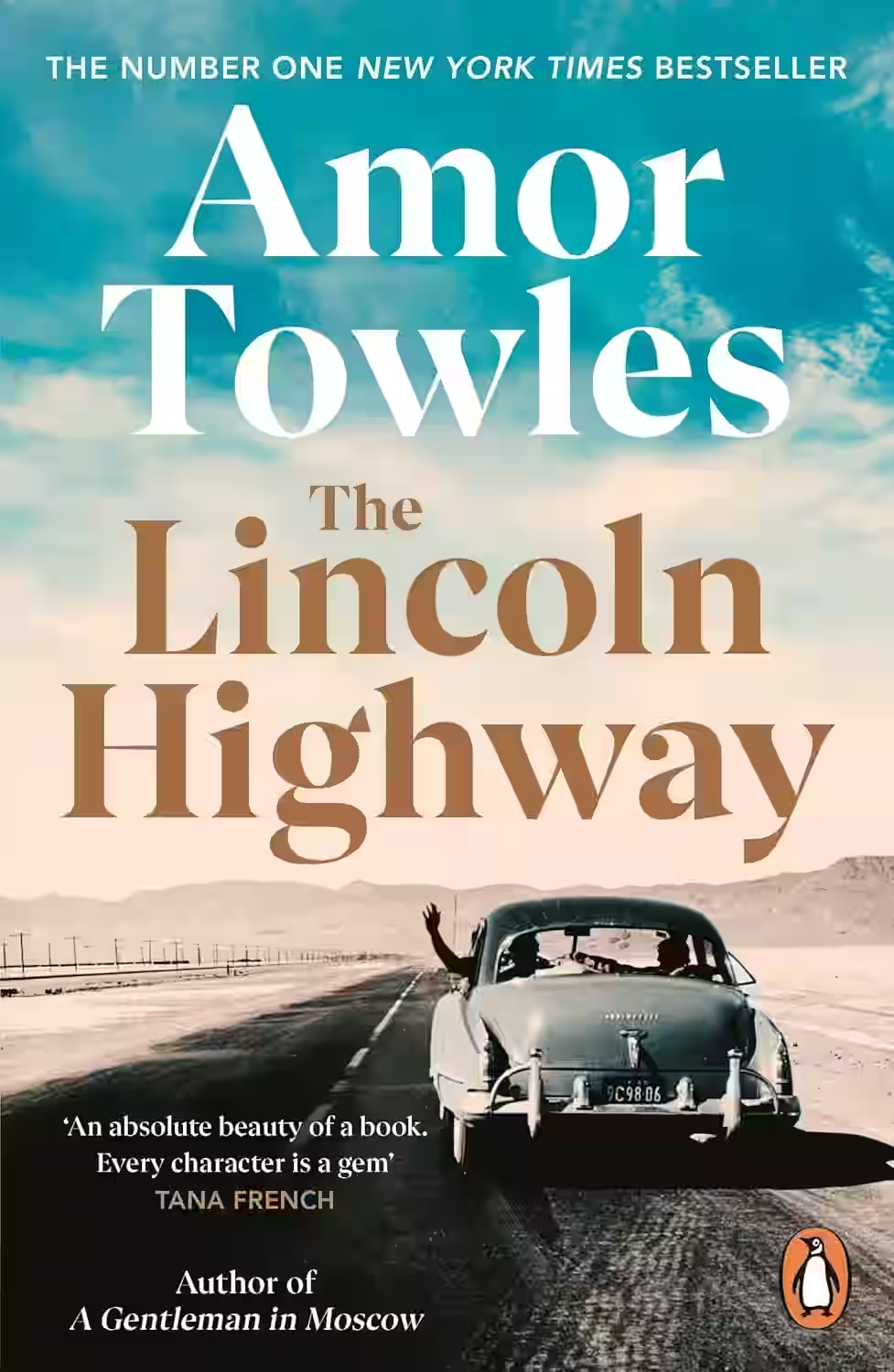
The Lincoln Highway
by Amor Towles
Amor Towles' 'The Lincoln Highway' follows the captivating journey of Emmett Watson, a young man recently released from a juvenile work farm, as he embarks on a transformative road trip with his brother and two friends from Nebraska to New York City. Set in the 1950s, this novel weaves a tale of adventure, self-discovery, and the power of human connection. Through vivid storytelling and intricate character development, Towles explores themes of family, friendship, redemption, and the pursuit of the American dream. As the group encounters a mix of challenges and unexpected encounters along the iconic Lincoln Highway, readers are drawn into a richly layered narrative that delves into the complexities of love, loyalty, and the choices that shape our lives.
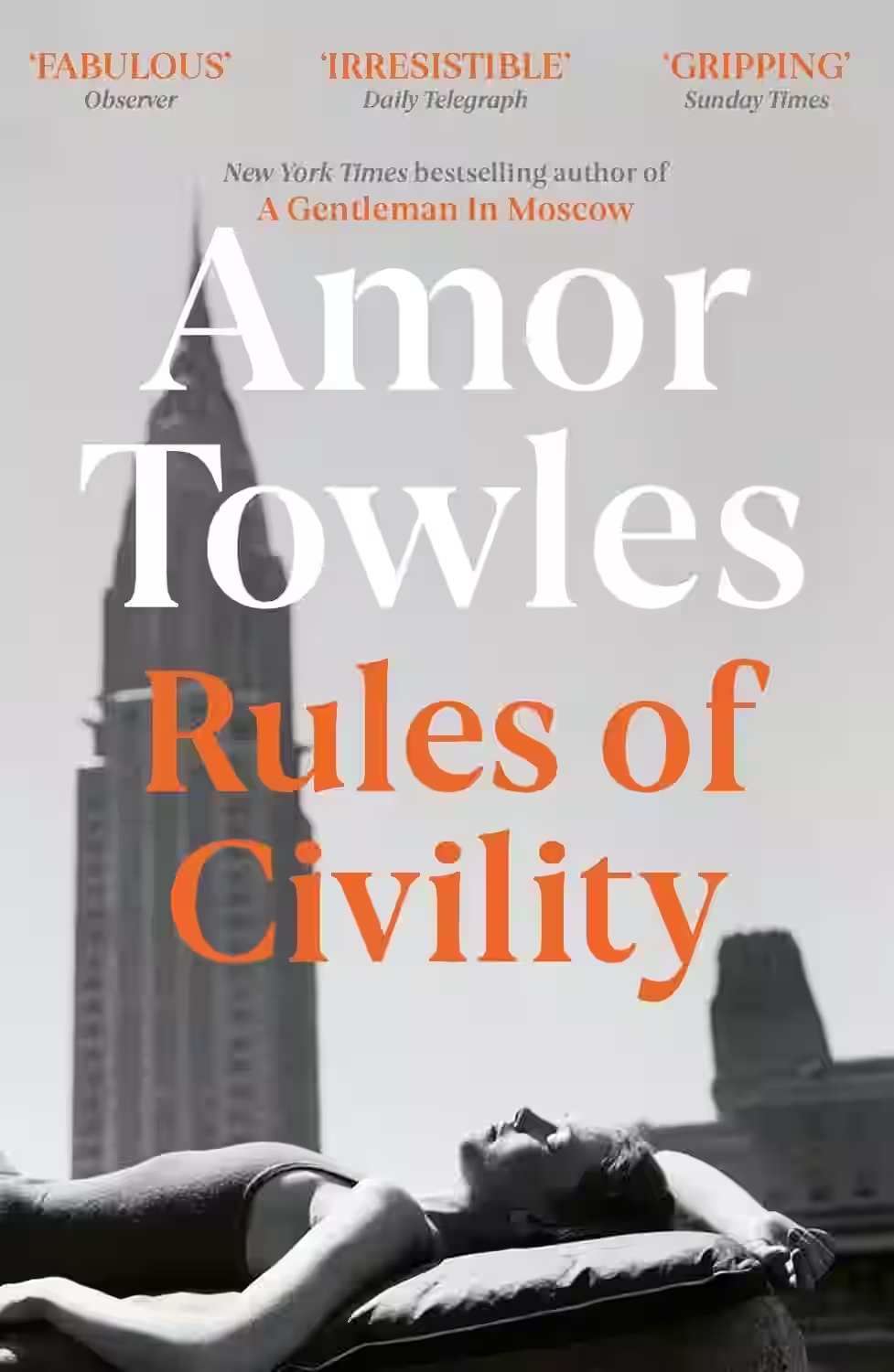
Rules of Civility
by Amor Towles
In 'Rules of Civility' by Amor Towles, readers are transported to the vibrant and glamorous New York City of the late 1930s. The novel follows the intelligent and ambitious Katey Kontent as she navigates the complexities of love, friendship, and social mobility. Through Katey's experiences, the book delves into themes of class, identity, and the pursuit of the American Dream. Towles' elegant prose captures the essence of the era, immersing readers in a world where appearances and manners hold great importance. As Katey encounters a cast of intriguing characters and faces pivotal decisions, the novel explores the consequences of ambition and the true meaning of success.
Similar Books
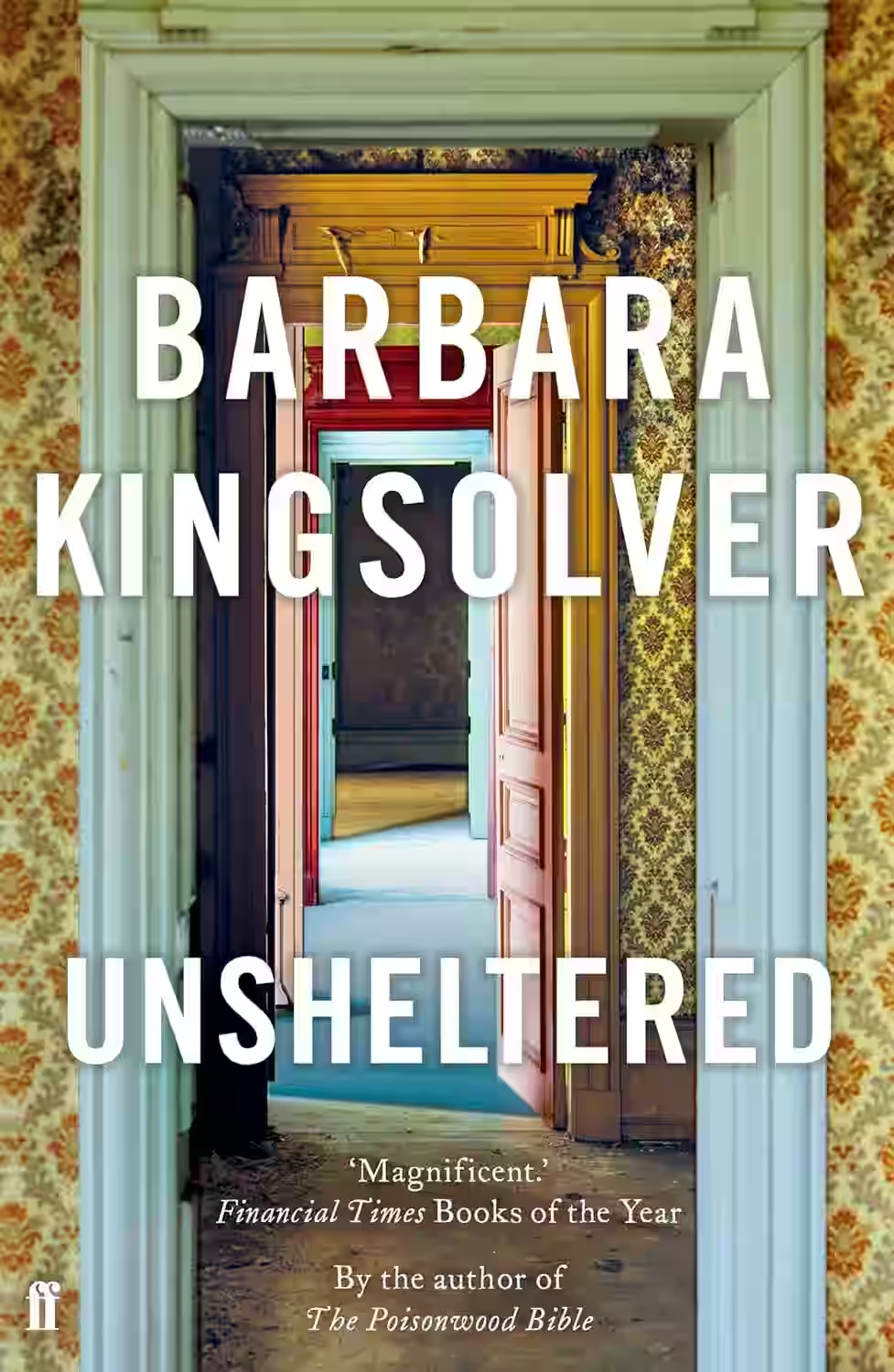
Unsheltered
Barbara Kingsolver’s 'Unsheltered' weaves a compelling narrative that delves into the volatility and uncertainty of human existence through a dual timeframe approach. Set in the same New Jersey house in the 19th century and the present day, the story follows two families grappling with socio-economic upheavals, challenging relationships, and evolving societal values. Kingsolver expertly intertwines historical and contemporary anxieties, exploring themes of resilience, adaptation, and what it means to live without a firm foundation. The novel's insightful parallel between climate change and societal change invites readers to reflect deeply on their own worlds. Kingsolver's crisp, vivid prose and meticulous character development create an immersive experience, making 'Unsheltered' both thought-provoking and emotionally resonant.
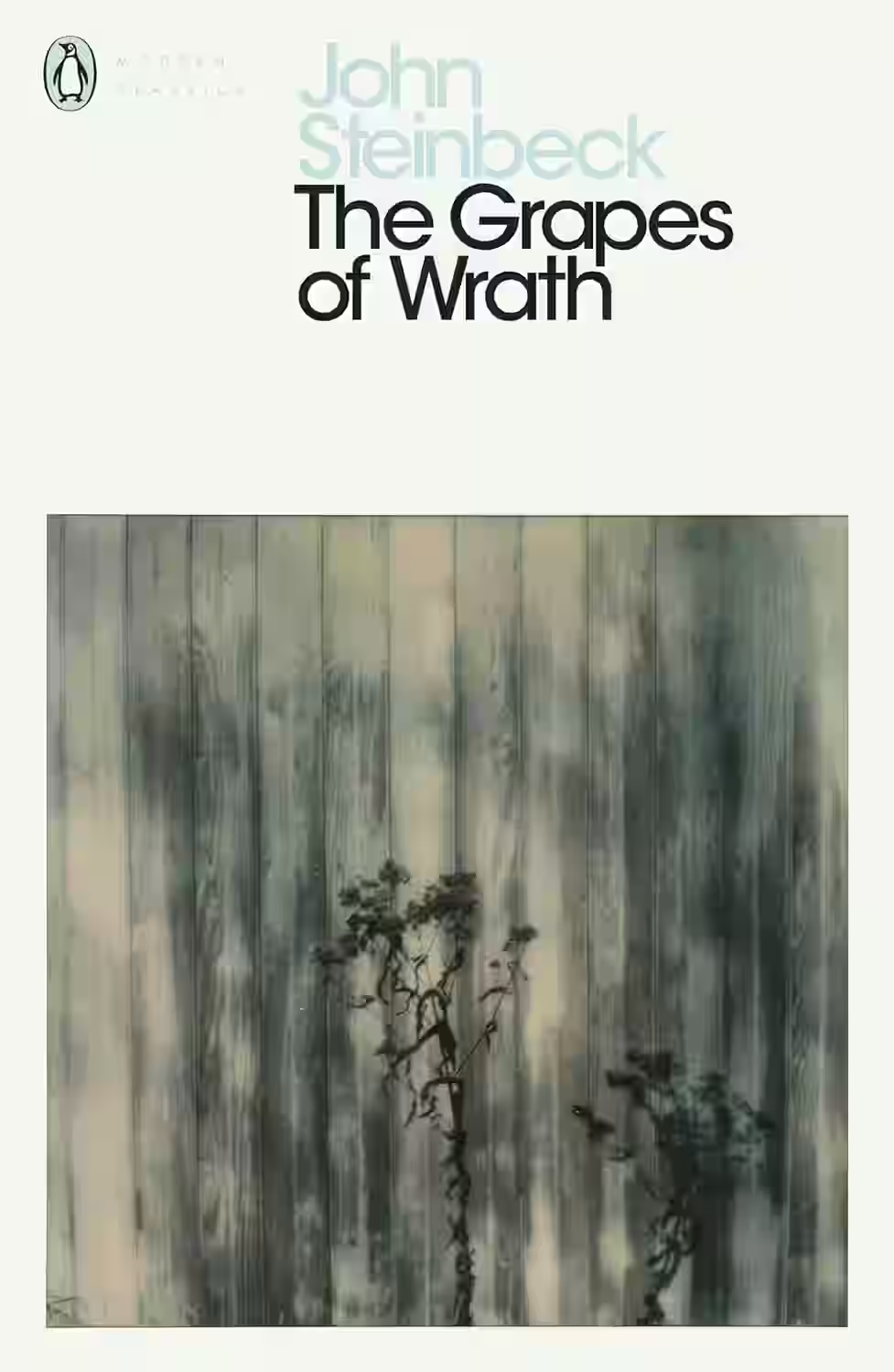
The Grapes of Wrath
Shocking and controversial when it was first published in 1939, Steinbeck's Pulitzer prize-winning epic remains his undisputed masterpiece. Set against the background of dust bowl Oklahoma and Californian migrant life, it tells of the Joad family, who, like thousands of others, are forced to travel West in search of the promised land. Their story is one of false hopes, thwarted desires and broken dreams, yet out of their suffering Steinbeck created a drama that is intensely human, yet majestic in its scale and moral vision; an eloquent tribute to the endurance and dignity of the human spirit.
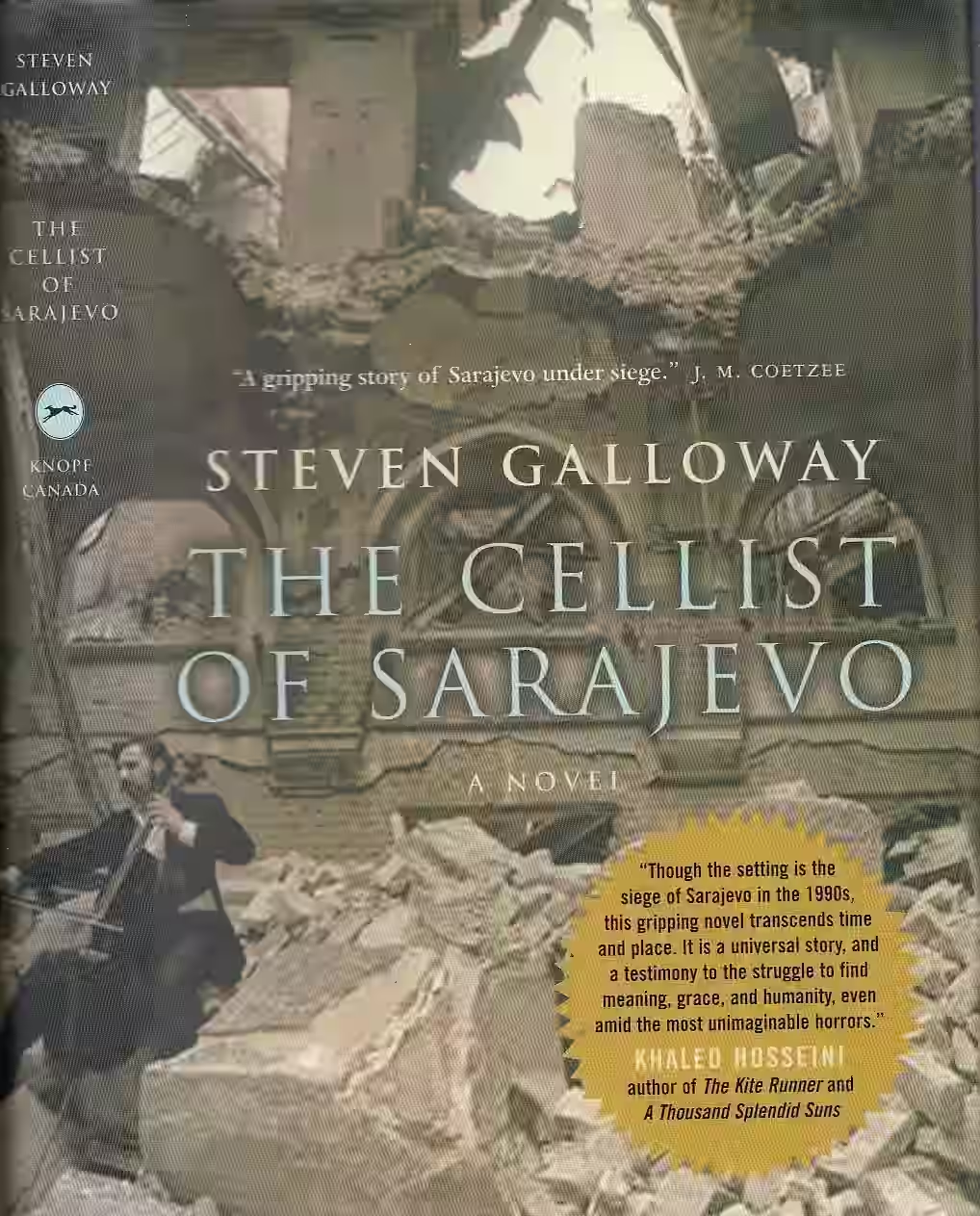
The Cellist of Sarajevo
Set during the siege of Sarajevo in the early 1990s, 'The Cellist of Sarajevo' by Steven Galloway is a poignant exploration of life under siege. The novel interweaves the lives of three characters—Dragan, Kenan, and Arrow—each struggling to preserve their humanity amidst the chaos of war. Their stories orbit around the figure of a cellist, who plays Albinoni's Adagio in the streets to commemorate the lives lost to a mortar attack. Galloway deftly captures the resilience of the human spirit, the impact of art in times of despair, and the simple acts of courage that shine through the shadows of conflict. The book's haunting prose and meditative tone create an indelible reflection on the moral choices faced in brutal circumstances.

Wolf Hall
Series: The Wolf Hall Trilogy (#1)
England in the 1520s is a heartbeat from disaster. If the king dies without a male heir, the country could be destroyed by civil war. Henry VIII wants to annul his marriage of twenty years and marry Anne Boleyn. The pope and most of Europe opposes him. Into this impasse steps Thomas Cromwell: a wholly original man, a charmer and a bully, both idealist and opportunist, astute in reading people, and implacable in his ambition. But Henry is volatile: one day tender, one day murderous. Cromwell helps him break the opposition, but what will be the price of his triumph?